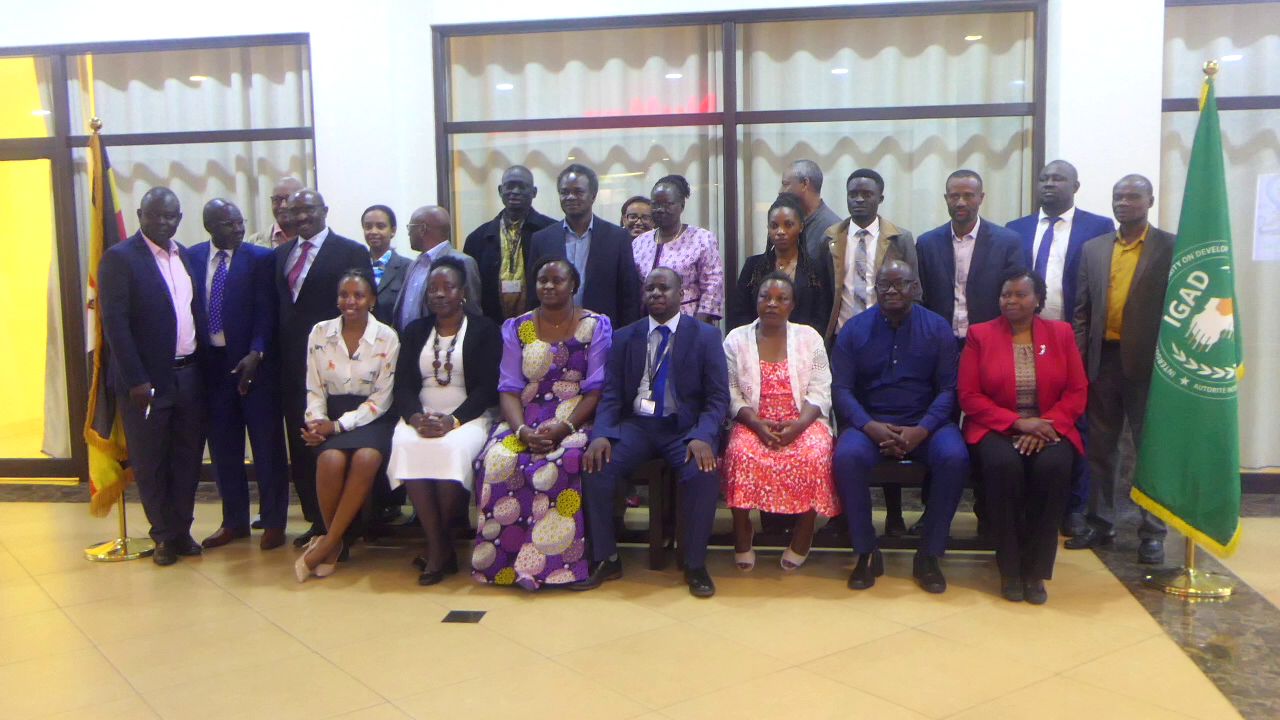The Intergovernmental Authority on Development (IGAD) has brought together regional experts from its seven member states along with specialists in governance, security, economy, social affairs, and environment to anticipate emerging human security risks.
The meeting aims to identify potential conflict drivers, strengthen prevention efforts, and review the 2024 Regional Conflict Profiles and Scenarios Report to guide policy responses in 2025.
IGAD Head of Mission to Uganda, Joselyn Bigirwa, described the Horn of Africa as highly conflicted and unstable, noting that peace and stability remain essential for development.
“The IGAD region is characterized by multiple conflicts and disasters, both man-made and natural,” she said.
“Peace and stability are prerequisites for social and economic development. It’s important that we focus on conflict prevention rather than response—because when you prevent, you save money, and you save lives.”
IGAD member states are Uganda, Djibouti, Ethiopia, Kenya, Somalia, South Sudan, and Sudan.
Director Camlus Omogo said the region faces interconnected challenges ranging from environmental pressures and economic instability to governance deficits and displacement.
“The Horn of Africa has historically faced recurring human security challenges, including political instability, violent conflict, displacement, and environmental shocks,” he said.
“By anticipating and analyzing these threats, IGAD and its partners aim to enhance regional cooperation, recognizing that many crises transcend borders and require collective resilience.”
Key threats highlighted in 2024 include organized crime, economic pressures, gender inequality, climate risks, and technology-driven insecurity.
Findings from this year’s discussions will shape IGAD’s 2025 Regional Conflict Profiles and Scenarios Report, equipping policymakers with early-warning data to sustain peace and stability.


